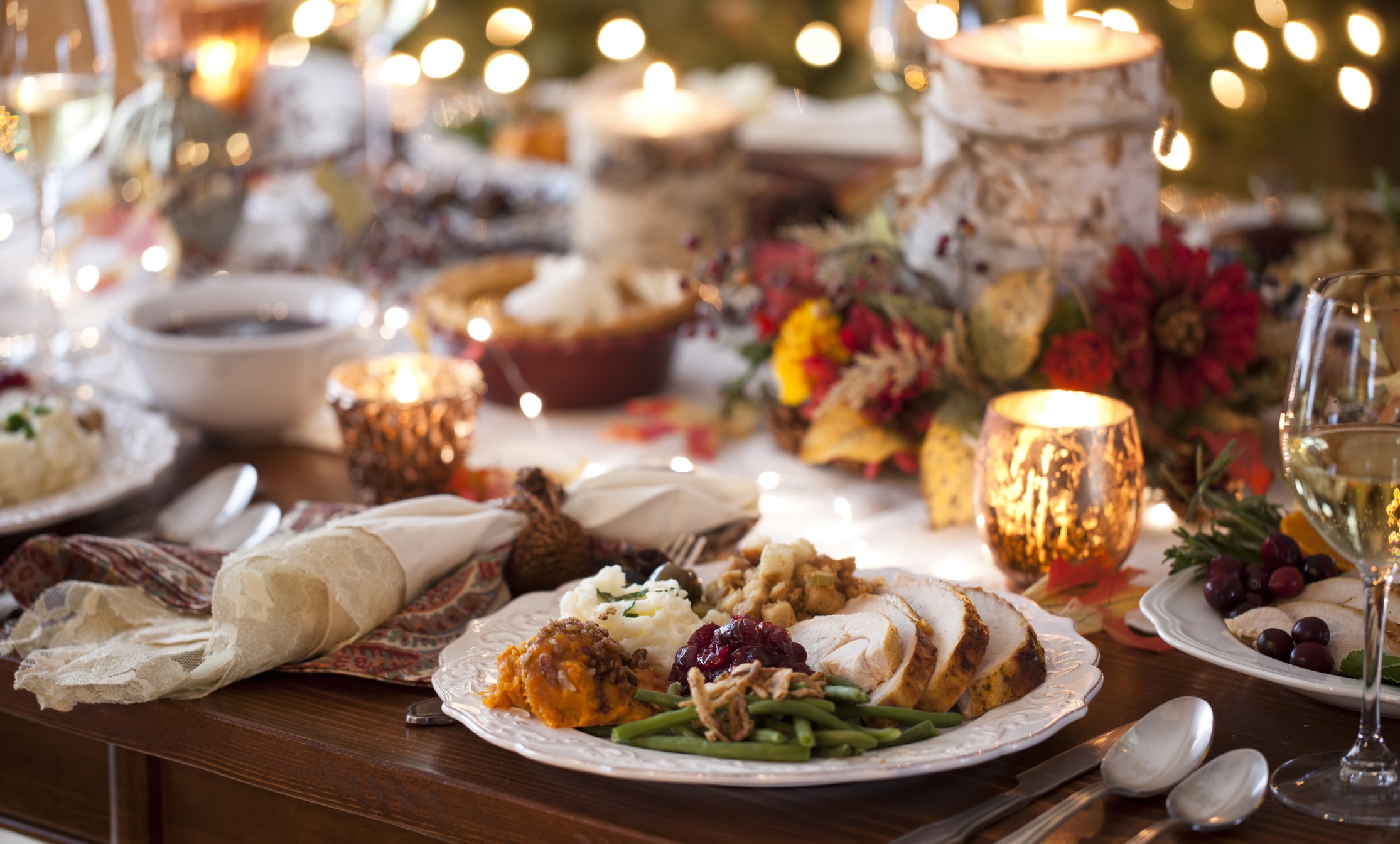
It’s the most wonderful time of the year when it comes to Christmas carols, fresh snow, twinkling lights and attending holiday parties. But for patients suffering from Inflammatory Bowel Disease (IBD), ulcerative colitis / Crohn’s disease, or Irritable Bowel Syndrome (IBS), the holiday season is not an ideal time.
An estimated 1.6 million Americans are living with IBD. IBS symptoms can be less severe than IBD, with the disease impacting about 15% of all Americans. The symptoms associated with these diseases –abdominal pain, bloating, changing and frequent bowel movements – can greatly impact daily life.
To help truly make the season an enjoyable dietary experience, here are some tips to consider.
Eat smaller meals
This is an issue for everyone during the holidays, no matter if you are managing diseases like IBD and IBS, or not. Food is plentiful and it’s all too easy to eat until you feel ill.
Avoid this by eating fist-sized portions every three to four hours. Use an appetizer-sized plate instead of a dinner plate to reduce portions. Consider snacking throughout the day to space out your food intake. As a result, you’ll experience less cramping because there won’t be too much food in your system at one time.
Limit greasy and high-fat foods
Butters, margarines, oils, pork and creams can cause symptoms, such as diarrhea and gas. In cases of IBD and IBS, fat is malabsorbed in the body. To avoid symptoms, choose lean or non-pork brisket over fatty pork cuts or try baking latkes rather than frying them.
Take out high-fiber foods
Foods that are high in fiber – nuts, seeds, skins and leafy-greens – can cause cramping and intestinal contractions. These types of foods are also not digested entirely in the small intestine so they may cause diarrhea or irritating stool.
Skinning and deseeding fruits and vegetables before placing them in various dishes may help alleviate symptoms. Cooking fruits and vegetables can also make these foods easier to digest. When eating dessert, choose fruit pies over nut pies.
Fill up on H2O
Water is the best liquid you can consume to minimize IBD and IBS symptoms. Drinks that contain caffeine stimulate your intestines and can make diarrhea worse. On the other hand, carbonated drinks often produce gas. Choose water instead.
Be prepared
Always be prepared by thinking ahead. Try eating before holiday gatherings to decrease your temptation to try things that might not sit well with you.
Another idea is to bring along your own “indulgent” foods or dishes that you know won’t aggravate your symptoms. These special foods may feel like a treat just for you.
Most importantly, remember that your happiness during the holiday season shouldn’t come down to what you can and cannot eat. Try to focus on what really matters: your health and the company around you.
Get ready to travel
If you’ve been diagnosed with IBD or IBS, talk with your South Denver GI provider or dietitian before you travel. Complicated and long travels – not to mention delays – can lead to diarrhea, constipation or abdominal pain. Take prescriptions or over-the-counter medication wherever you go. Try to sit in the aisle seat of the plane, bus or train so you have easy access to the restroom. And travel with snacks that won’t aggravate your symptoms as you never know when an unfortunate travel delay might strike.
Know yourself
With conditions like IBD and IBS, it’s important to know your body and the types of food you can enjoy. You don’t have to avoid trying new foods when it’s done in moderation. Get information on the ingredients before you eat and keep track of any symptoms so that you know what you’re able to tolerate.
With these tips in mind, have a happy and healthy holiday season!
South Denver Gastroenterology (SDG) offers weekly nutritional counseling appointments to our patients to help develop individualized diet and nutrition plans that lesson or relieve gastrointestinal symptoms. Appointments are available on Wednesday’s at our Lone Tree clinic. To make an appointment with Angela Waliszewski, please call 720.515.2181 or email angela@dailydietetics.com.

